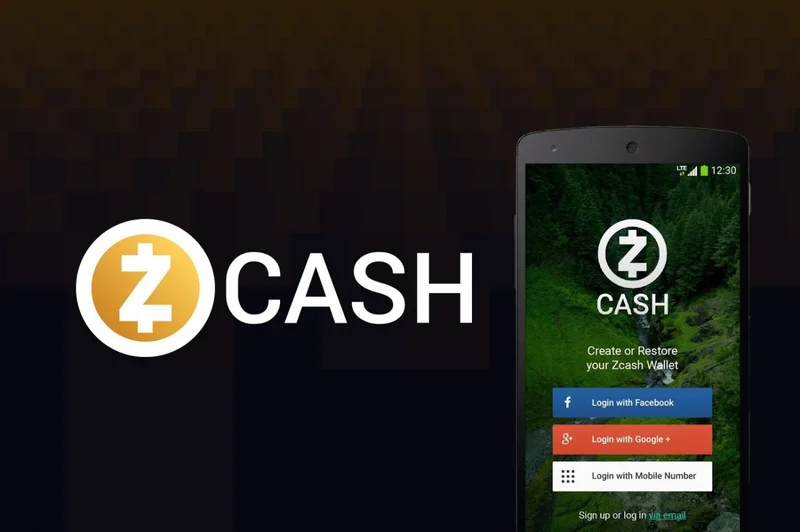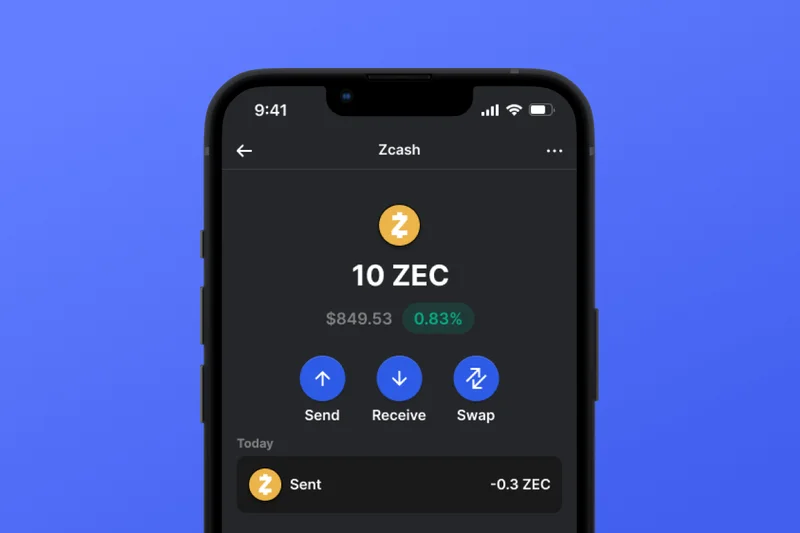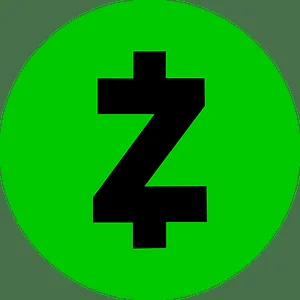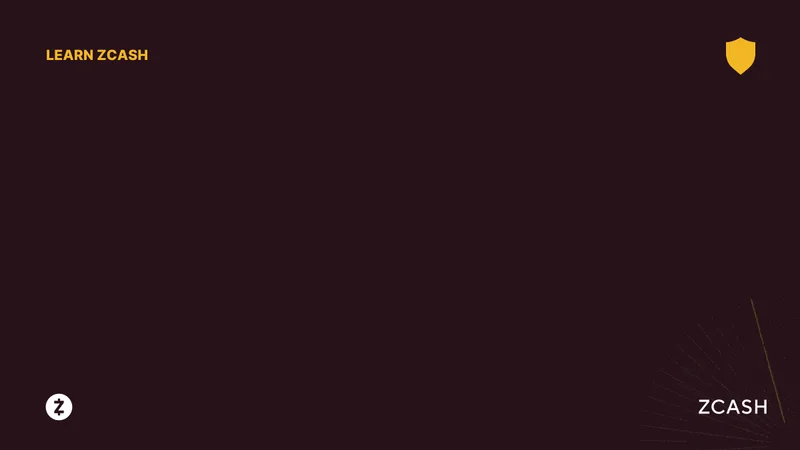Article Directory
The digital world, my friends, is at a crossroads. We're hurtling toward a future where every click, every transaction, every digital breath we take is logged, analyzed, and often monetized. But what if there was another way? What if the very fabric of our digital lives could be woven with the threads of privacy, not just as a feature, but as a fundamental right? That's the question that keeps me up at night, and it’s why I’m so incredibly energized by what we’re seeing with Zcash right now.
Forget the headlines screaming about fleeting price pumps for a second. What's truly captivating isn't just the wild ride Zcash has been on—a staggering 1,250% jump in just three months, catapulting it back into the crypto elite. No, the real story, the one that gets my MIT-trained brain buzzing, is the quiet, undeniable surge in actual network usage. We’re talking about Zcash’s shielded pool, which has climbed to a robust 23% of its total supply, up from 18% just a few months ago. This isn't just people buying and holding; this is people using the technology, actively choosing privacy, making transactions that simply disappear from the prying eyes of the public ledger. When I first saw these numbers, honestly, I just sat back in my chair, speechless. This isn't speculation; this is adoption, a quiet revolution unfolding right before our eyes.
And let’s be clear, this isn't just some abstract tech metric. The shielded pool is Zcash's beating heart, obscuring transaction details, making the entire network a digital fortress. It's like building a superhighway where every car has an invisibility cloak – the traffic still flows, but no one can track individual journeys. This direct interaction with the chain, this active choice to 'shield' your assets, is the clearest indicator of genuine demand for privacy in a world that’s increasingly transparent by default. It's a phenomenal parallel to Ethereum's staking dynamics, where roughly 30% of ETH is locked up to secure the network. Will Zcash hit that same kind of threshold? That's a fascinating question, isn't it? Because both metrics speak to active participation, to belief in the network's core utility, not just passive speculation. It’s a testament to the power of the core technology, the zk-SNARKs – or, in simpler terms, cryptographic proofs that let you prove you've done something valid without revealing what you actually did. Imagine the implications for everything from personal finance to corporate secrets!
The Unseen Battle for Digital Sovereignty
Now, I know what some of you are thinking. "Dr. Thorne, what about the policy headwinds? Aren't privacy coins just a target for regulators?" And yes, you're right, the financial establishment, still largely stuck in a 20th-century mindset, views privacy as a bug, not a feature. We’ve seen Japan, South Korea, and even the looming threats from Europe, where privacy coins have faced delistings and bans. It’s a valid concern, and it's certainly a challenge. But let’s reframe this for a moment, shall we? When a technology faces such aggressive scrutiny, it often means it’s profoundly disruptive, fundamentally challenging the status quo. Think about the early days of the internet itself, or even the printing press – technologies that put power in the hands of individuals were always met with resistance from those who benefited from centralized control.
The "policy headwind is probably a dealbreaker" narrative, as some sources put it, completely misses the forest for the trees. It’s not a dealbreaker; it’s a crucible. It’s proof that Zcash's core utility—its ability to offer a privacy-tilted cousin to Bitcoin's scarcity story—is so potent, so valuable, that it scares those who thrive on surveillance. Bitcoin offers scarcity and transparency; Zcash offers scarcity and privacy. In an age where on-chain activity is becoming more and more surveilled, where our digital footprints are constantly tracked, the demand for true financial privacy isn't going away. It's only going to intensify.

What if this regulatory pressure isn't a sign of inevitable failure, but rather a testament to Zcash's profound importance? What if it’s an indicator of how essential privacy is becoming for individual liberty and economic freedom in our digital future? This isn't just about hiding; it's about protecting autonomy. It's about empowering individuals to control their own financial narratives, free from the constant gaze of every actor, good or bad, who might wish to monitor them. This is the kind of breakthrough that reminds me why I got into this field in the first place.
This alignment between Zcash's price performance and its fundamental network activity is a powerful signal. It tells us that this isn't just a speculative frenzy driven by derivatives traders. This is real people, real users, translating increased attention into actual protocol usage. They are actively choosing to shield their transactions, to embrace the privacy that Zcash offers. Look at how Zcash is currently outperforming Ethereum in 24-hour trading volume on Coinbase – that’s not a small feat! The market is waking up to the profound implications of what Zcash represents.
Of course, with great power comes great responsibility. The very privacy that protects individuals can also be misused. This is an ethical tightrope we must walk carefully, developing robust tools and frameworks to ensure that these powerful technologies serve the greater good, enhancing freedom without enabling illicit activity. It's a complex challenge, but one that humanity has faced with every transformative technology.
I’ve been watching the sentiment across various communities, and it’s clear this isn't just my hopeful musing. One user on a popular crypto forum put it beautifully, "Zcash isn't just a coin; it's a silent protest against the surveillance economy. The more they try to shut it down, the more you realize how essential it is." Another chimed in, "Privacy isn't a niche anymore; it's the next frontier of digital rights. ZEC is just showing us the way." These aren't just random comments; they're the pulse of a growing movement, a collective understanding that our digital future demands better.
So, when we look at Zcash’s recent surge, let’s not just see a chart going up. Let’s see the growing adoption of a technology that could fundamentally reshape our relationship with money and privacy. Let’s see the early tremors of a paradigm shift towards digital sovereignty.
The Inevitable Rise of Digital Sovereignty
The future of privacy isn't a question of "if," but "when." Zcash is a vanguard in that inevitable march. Its current trajectory, fueled by genuine network usage and a profound technological advantage, signals a future where digital freedom isn't a luxury, but a default. The world is changing, and Zcash is helping lead us into a more private, more sovereign digital tomorrow.




